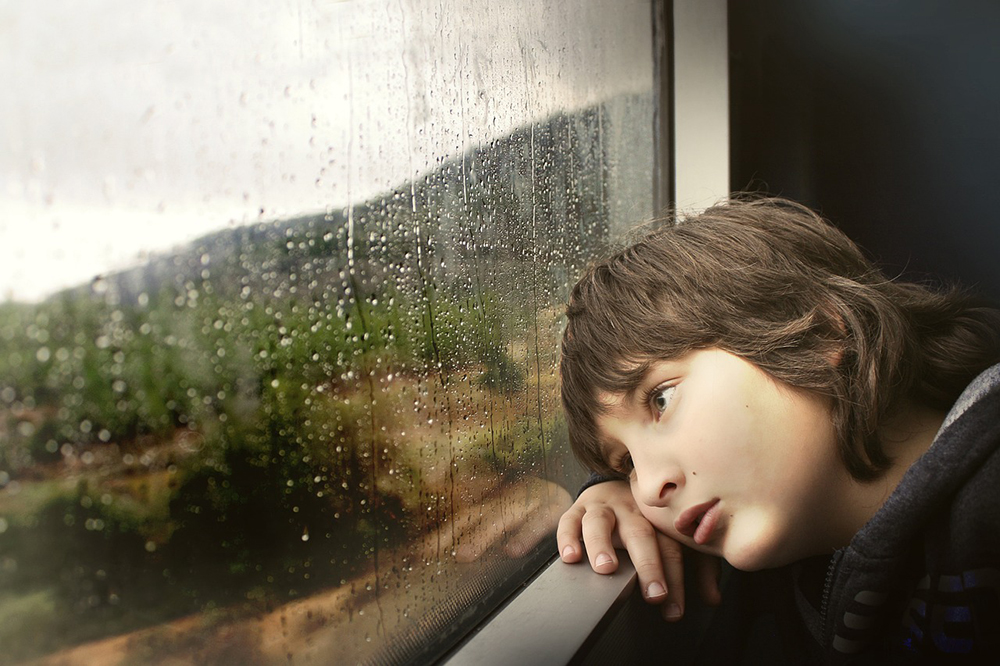Suicide among preteens is one of the most challenging and sensitive topics in mental health. As awareness of the crisis grows, so does our understanding of the indicators that a young person might be considering ending their life. Parents, educators and mental health professionals must stay informed and intervene as necessary to save lives.
Let’s examine some of the lesser-known warning signs of suicide in preteens and ways to help young people overcome suicidal ideation.
Red Flags for Suicide in Preteens
Suicidal ideation in preteens often goes unnoticed because adults tend to chalk unusual behavior up to typical adolescent mood swings. However, specific emotional and behavioral changes may reveal that a child is experiencing profound emotional distress and may be at risk of attempting to end their life.
- Sudden withdrawal from friends and activities: If a preteen suddenly loses interest in spending time with friends or participating in sports and hobbies, it could signal depression or suicidal thoughts.
- Changes in sleep patterns: Insomnia and hypersomnia can be warning signs of emotional turmoil.
- Decline in academic performance: A noticeable drop in grades or school performance or increased unexcused absences can result from underlying issues.
- Unusual preoccupation with death: While many children express curiosity about death or what happens after we die, an intense fixation can be a concerning sign.
- Giving away possessions: A preteen starting to give away cherished possessions without an obvious reason may suggest they are preparing for a perceived finality.
- Changes in eating habits: Significant changes in eating habits, whether eating much more or less than usual, can indicate emotional distress.
- Sudden calmness after a period of depression: A child who seems curiously calm or relaxed after a bout with depression may have decided to end their life.
- Risk-taking: Engaging in unusually dangerous or self-destructive activities can be a cry for help and a sign of more concerning issues.
How Mental Health Professionals Can Help
Sometimes, children need specialized care and attention to address mental and behavioral health issues. Here are several ways a qualified professional can intervene if you suspect your preteen is depressed, anxious or considering suicide.
- Early assessment: Clinicians conduct thorough screenings to identify at-risk preteens and the factors contributing to their suicidal thoughts.
- Counseling and therapy: Individual and family counseling are valuable for addressing the emotional and psychological issues behind suicidal ideation. Cognitive behavioral therapy and dialectical behavioral therapy can be particularly effective in treating suicidal and depressive symptoms in young people.
- Education: Increased awareness among parents, teachers and community leaders can result in earlier detection and intervention.
- Crisis intervention: Immediate response to ensure the child’s safety in an emergency, which may include hospitalization if the risk is imminent.
- Support systems: Robust family and community support networks provide at-risk youth with care and surveillance.
Recognizing and Responding to Distress
Identifying when a preteen is having a mental health crisis is crucial for ensuring their safety and well-being. Caregivers and mental health professionals can proactively protect sensitive children by staying vigilant and understanding the less obvious signs of distress.
Pine Grove provides comprehensive mental health services to help preteens overcome vulnerabilities and gain confidence. Contact us as soon as possible if you suspect your child is at risk. We heal children and their families with comprehensive, evidence-based treatments.

